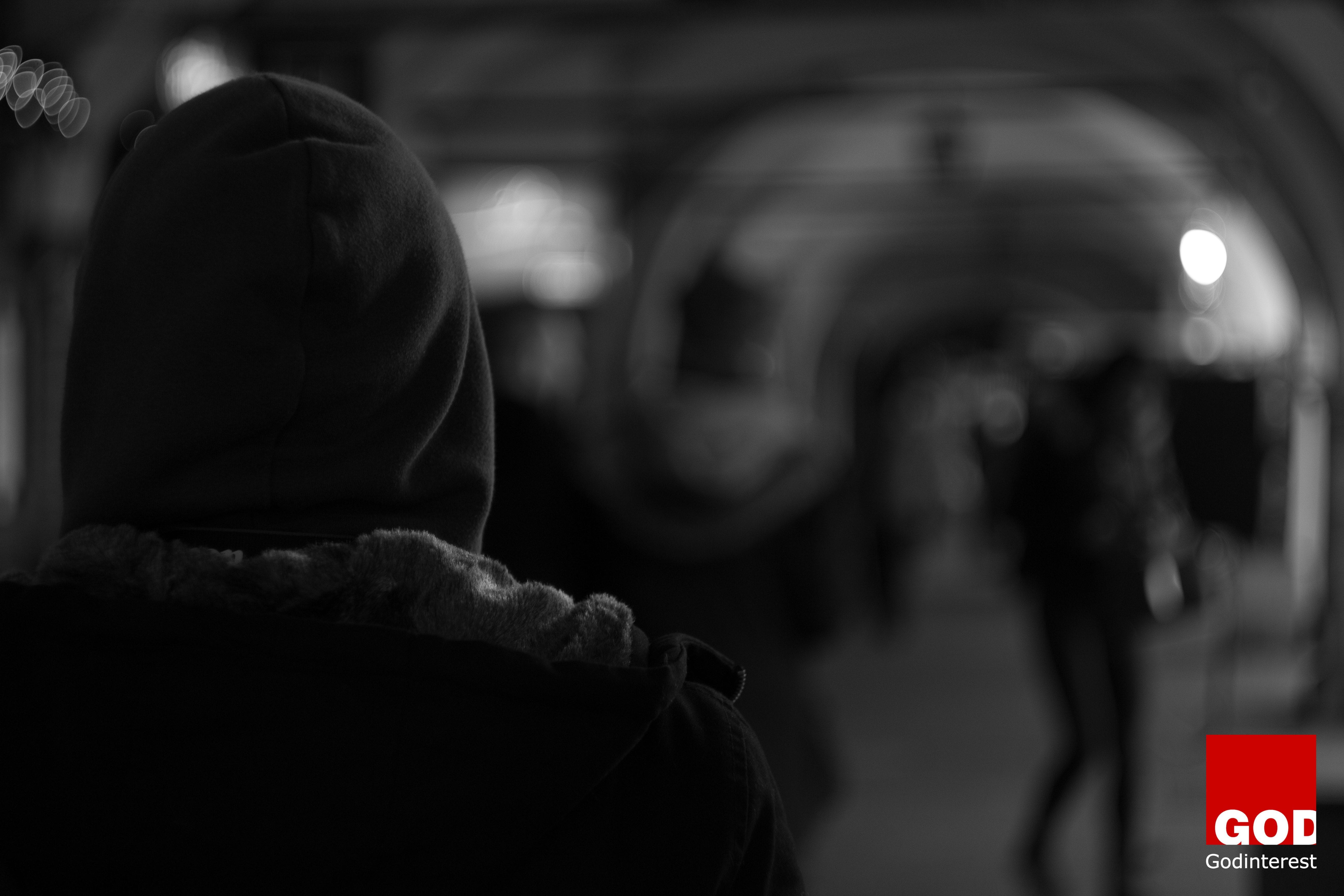In 2017, Open Doors released their World Watch List (WWL). The findings and trends noted by Open Doors are both shocking and grim. The modern persecution of Christians has risen to an all-time high, and the primary cause of this- Islamic extremism- now has a rival: ethnic nationalism.
The WWL data is compiled from reports spanning November 1, 2015, to October 31, 2016. The list is audited by the International Institute for Religious Freedom.
In order to rank the top 50 countries where Christians face the most persecutions, the pressures faced by Christians in five spheres of life- church, family, private, community and national- are examined, as well as levels of religiously motivated violence. In 25 years of noting the political and societal restrictions on religious freedom experienced by Christians throughout the world, Open Doors researchers identified 2016 as the “worst year yet”. It is now 2018, can you imagine the levels of persecutions happening? Many of us are ignorant of the atrocities that are being committed against Christians.
- Approximately 215 million Christians experience higher, very high or extreme persecution. For 14 consecutive years, North Korea remains the most dangerous place to be Christian.
- Islamic extremism remains the main reason behind persecution, responsible for initiating oppression and conflict in 35 out of the 50 countries on the 2017 list.
- Ethnic nationalism is fast becoming a driving force behind persecutions. In Asia, it seems to be a common thing for vulnerable governments to gain quick support by scapegoating Christians. Israel seems to be another state in the role of a scapegoat.
- The most violent country has been Pakistan, which rose to No. 4 on the list for a level of violence surpassing that of northern Nigeria. The killings of Christians in Nigeria increased to more than 62 %.
- The worst increase has been Mali, which has moved up on the list from being No. 44 to 32.
- Asia is a cause for concern with their persecutions rising sharply in Sri Lanka, Bangladesh, Laos, and Bhutan.
Open Doors states, “ In many countries, governmental raids of suspected Christian households increased, certain Christian books have been banned and the membership requirement to remain a legal church doubled, resulting in many churches to be deemed illegal overnight.”
Over the past 25 years, only three countries have topped the list: North Korea (2002-2017), Saudi Arabia (1993-1995; 1998-2001), and Somalia (1996-1997).
The top 10 nations where it is most dangerous and difficult to practice the Christian faith for 2017 are:
- North Korea
- Somalia
- Afghanistan
- Pakistan
- Sudan
- Syria
- Iraq
- Iran
- Yemen
- Eritrea
Persecution is defined by Open Doors as “any hostility experienced as a result of identification with Christ.” They also state that Christians continue to remain one of the most persecuted religious groups in the world. It stated that “Christians throughout the world continue to risk imprisonment, loss of home and assets, torture, beheadings, rape and even death as a result of their faith.”
“The Open Doors World Watch List is the most accurate, thorough and intensive research available on the persecution of Christians,” said David Curry, president, and CEO of Open Doors USA. “It calculates not only the deaths reported in the news but also persecution at a grassroots level, where family-to-family persecution is tracked. The 25-year research shows where the most unstable areas for Christians have historically been and, in many countries, remain.”
Since this list was published, persecution of Christians has risen to astronomical levels. Places like California are trying to control Christianity, many people are voicing their hatred for Christians in the western world and because of this (and other factors), we are facing the Great Falling Away of the church. Christianity has become synonymous with violence, aggression, hatred, fear, and doubt. This is when we, as those who still enjoy some freedom in expressing our faith, should show our fellow brothers and sisters across the world that we love them and that we are praying for them. If we need to send some sort of provision such as money, food or even provide shelter, and we are in the position to do it, we should do so. We cannot profess to walk in love but ignore the plight of those being persecuted. They may believe that we have forgotten them or choose to ignore what is happening to them. For the time being, many of us do experience freedom to practice our faith openly, but there will come a time when we will not be able to, and that will be a dark day indeed. However, even in the most forsaken places, Jesus continues to shine His Light, bringing the lost out of the darkness and revealing the truth as well as His love for them.
“Remember what I told you: ‘A servant is not greater than his master.’ If they persecuted Me, they will persecute you also. If they obeyed My teaching, they will obey yours also. They will treat you this way because of My name, for they do not know the One who sent Me. If I had not come and spoken to them, they would not be guilty of sin; but now they have no excuse for their sin. Whoever hates Me hates my Father as well” (John 15:20-23).
“When He opened the fifth seal, I saw under the altar the souls of those who had been slain for the Word of God and for the testimony which they held. And they cried with a loud voice, saying, ‘How long, O LORD, holy and true, until You judge and avenge our blood on those who dwell on the earth?’ Then white robes were given to each of them; and it was said to them that they should rest a little while longer, until both the number of their fellow servants and brethren, who would be killed as they were, was completed” (Revelation 6:9-11).
The persecution is only going to get worse. It is time that we stand as the Church, full of faith, courage, obedience, and strength from our Heavenly Father. Put on your armor of GOD, bringing your prayers and petitions before the LORD. It is time for fasting, a time for prayer warriors, a holy army and a people who seek the LORD with all of their hearts and strength. Read GOD’S Word, see what He has to say to you as His people- do not be destroyed by the schemes of the devil due to your lack of knowledge. Beloved, draw near to God with a pure heart, and He will draw near to you.
















